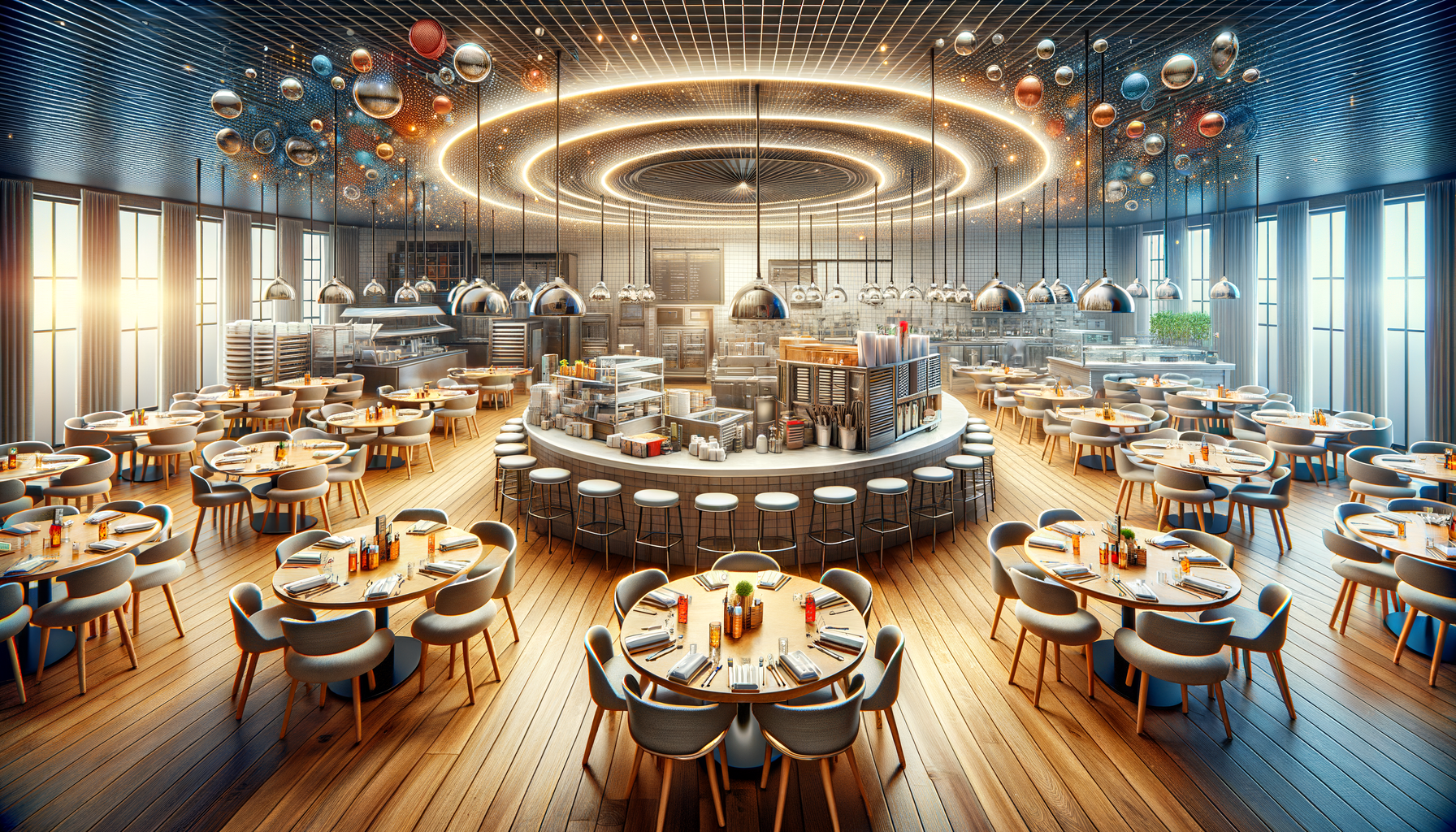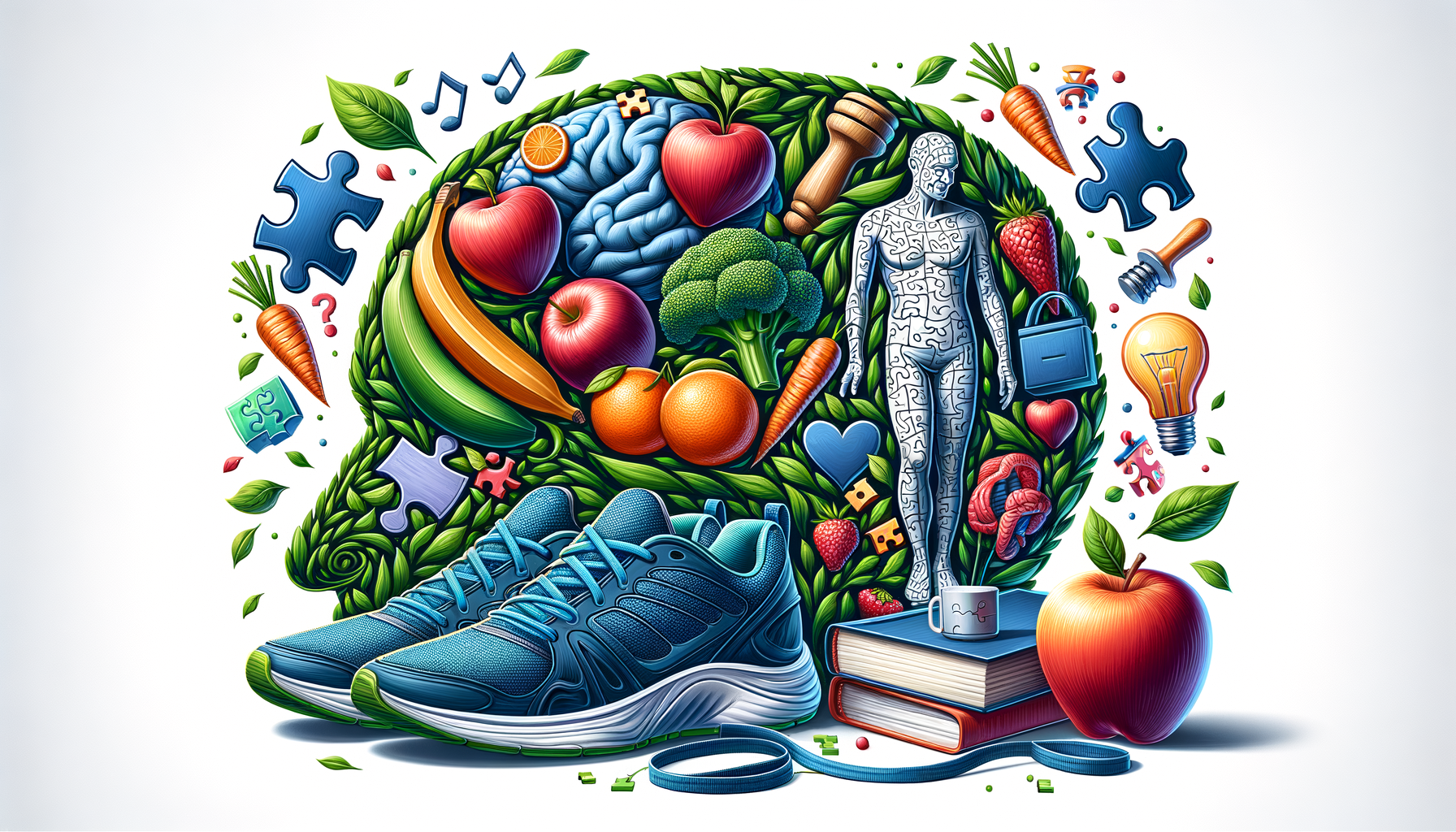Understanding the Role of Restaurant Cleaning
Restaurant cleaning is a crucial aspect of the food service industry, ensuring that establishments maintain high standards of hygiene and safety. This role involves a variety of tasks, from cleaning dining areas to maintaining kitchen sanitation. Cleanliness is not only essential for customer satisfaction but also for compliance with health regulations. A clean restaurant is a reflection of the establishment’s commitment to quality and safety.
The responsibilities of a restaurant cleaner can vary but generally include:
- Sanitizing tables and chairs after each use
- Cleaning floors, including sweeping and mopping
- Maintaining restrooms, ensuring they are clean and stocked with necessary supplies
- Cleaning kitchen areas, including appliances and surfaces
- Disposing of waste and recycling appropriately
These tasks require attention to detail and a strong understanding of hygiene practices. Restaurant cleaners play a vital role in preventing cross-contamination and ensuring a safe dining environment for patrons and staff alike.
Skills and Qualities Needed for Success
Success in restaurant cleaning requires a combination of skills and personal qualities. While some skills can be learned on the job, others are innate characteristics that make an individual well-suited for this line of work.
Key skills and qualities include:
- Attention to Detail: Ensuring that no area is overlooked and that all surfaces are thoroughly cleaned.
- Time Management: Efficiently managing time to complete tasks within a set schedule, especially during busy hours.
- Physical Stamina: The ability to perform physically demanding tasks, such as lifting heavy objects and standing for extended periods.
- Communication Skills: Effectively communicating with team members and supervisors to ensure tasks are completed as needed.
- Adaptability: Adjusting to changing priorities and tasks as needed, especially in a dynamic restaurant environment.
These skills and qualities not only contribute to the effectiveness of a restaurant cleaner but also enhance the overall operation of the establishment.
Tools and Equipment Used in Restaurant Cleaning
Restaurant cleaners rely on a variety of tools and equipment to maintain cleanliness and hygiene. Understanding how to use these tools effectively is key to performing the job efficiently and safely.
Common tools and equipment include:
- Mops and Brooms: Essential for cleaning floors, these come in various types suited for different surfaces.
- Cleaning Chemicals: Disinfectants, degreasers, and other cleaning agents are used to sanitize surfaces and remove stubborn stains.
- Vacuum Cleaners: Used for carpets and upholstery, ensuring a dust-free environment.
- Trash Bags and Bins: For waste disposal, ensuring that waste is managed hygienically.
- Protective Gear: Gloves, masks, and aprons are used to protect cleaners from chemicals and contaminants.
Proper training in the use of these tools is crucial to ensure safety and efficiency. Restaurants often provide training to new employees to familiarize them with the equipment and safety protocols.
Challenges Faced by Restaurant Cleaners
While restaurant cleaning is an essential job, it comes with its own set of challenges. Understanding these challenges can help prospective cleaners prepare for the role and find ways to overcome them.
Some common challenges include:
- High Turnover Rates: The demanding nature of the job can lead to high turnover, requiring constant training of new staff.
- Time Constraints: During peak hours, cleaners must work quickly to ensure that the restaurant remains clean without disrupting service.
- Health Risks: Exposure to cleaning chemicals and potential allergens can pose health risks if proper precautions are not taken.
- Customer Interaction: Cleaners must often work around customers, requiring diplomacy and courtesy.
Despite these challenges, many find satisfaction in the role, knowing that their work is crucial to the success of the restaurant. Overcoming these challenges often involves effective communication, proper training, and a supportive work environment.
Opportunities for Growth and Advancement
Restaurant cleaning positions can serve as a stepping stone to other opportunities within the food service industry. With experience and dedication, cleaners can advance to supervisory roles or transition into other areas of restaurant operations.
Potential career paths include:
- Supervisory Roles: Experienced cleaners may move into supervisory positions, overseeing a team of cleaners and ensuring standards are met.
- Kitchen Staff: With knowledge of hygiene practices, cleaners can transition into kitchen roles, such as prep cooks or line cooks.
- Management: Some cleaners pursue further education and training to move into management positions, where they can influence broader operational practices.
For those interested in long-term careers in the food service industry, starting in a cleaning role provides valuable insights into restaurant operations and can open doors to a variety of career paths.




Leave a Reply